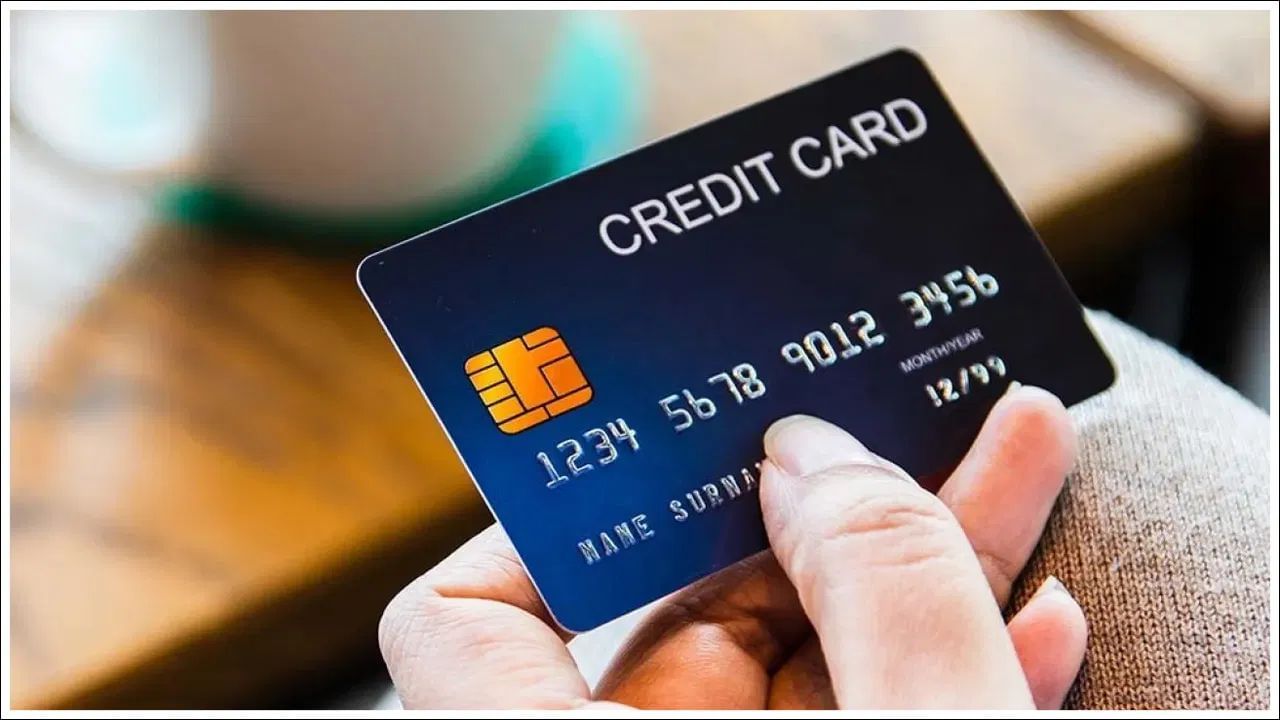Sim-swap scam
Sarsuna, Pankaj Kumar of Kolkata felt that he was completely safe. They had two credit cards, no suspicious transactions. But in just 20 minutes, 8.8 lakh rupees came out of his account from online shopping without his permission. By the time he realized the OTP continuously and he got his cards blocked, the thugs had done their work.
The police suspect that it is either a SIM-swap scam or someone stole their personal data, making a big purchase on a big e-commerce site. In the investigation, the name of a person Karthik Saable has been revealed. This incident shows the increasing cases of financial crimes related to mobile. This is not the only case. Kolkata Police has said that such scams are increasing rapidly, including fake customer support calls and connivance of internal employees. If you want to avoid the scam of this method, then we are telling you some tips about it.
What is a sim-swap scam?
When a thug changes your SIM-swap, he transfers your mobile number to his SIM. For this, he misleads the mobile company. Once your number reaches him, he can change your OTP, banking alert and password.
How to avoid credit cards and SIM-swap scams?
1. Never share OTP, CVV or PIN
Banks never ask for OTP or password from calls, SMS or email. If someone asks, cut the matter immediately and call the bank yourself on the number written behind your card.
2. Do not ignore the signals of sim-swap
If the network suddenly goes on your phone or shows SIM Dactivate, contact your operator immediately. Get feature activated like porting lock or SIM pin.
3. Do not take small strange transactions lightly
The thugs first test by doing small transactions, then give a big shock. Any suspect alert or transaction immediately tell the bank.
4. Use a virtual or limit card
Keep secondary cards with virtual or low limit for online payment. There will be no major damage when the data is leaked.
5. Protect your phone and apps
Do not save card information in phone or notes in open condition. Keep antivirus, use password manager and two-factor authentication.
6. Avoid fake bank or government calls
Nowadays people call as hospital staff, BSF officer or customer care. Do not trust the caller ID. Always check the information from the official website or helpline.
7. Report immediately as soon as cheated
Time is money! Immediately file a complaint on cybercrime.gov.in and inform the bank. The sooner you will take action, the more the possibility of compensation for loss will be.
How do these scams succeed?
The issue is not just to fly money, but your data is to steal first. Through the SIM-swap, the thugs are caught before you or the bank knows. If it gets help from social engineering or someone inside, then all your security collapses in one stroke.
